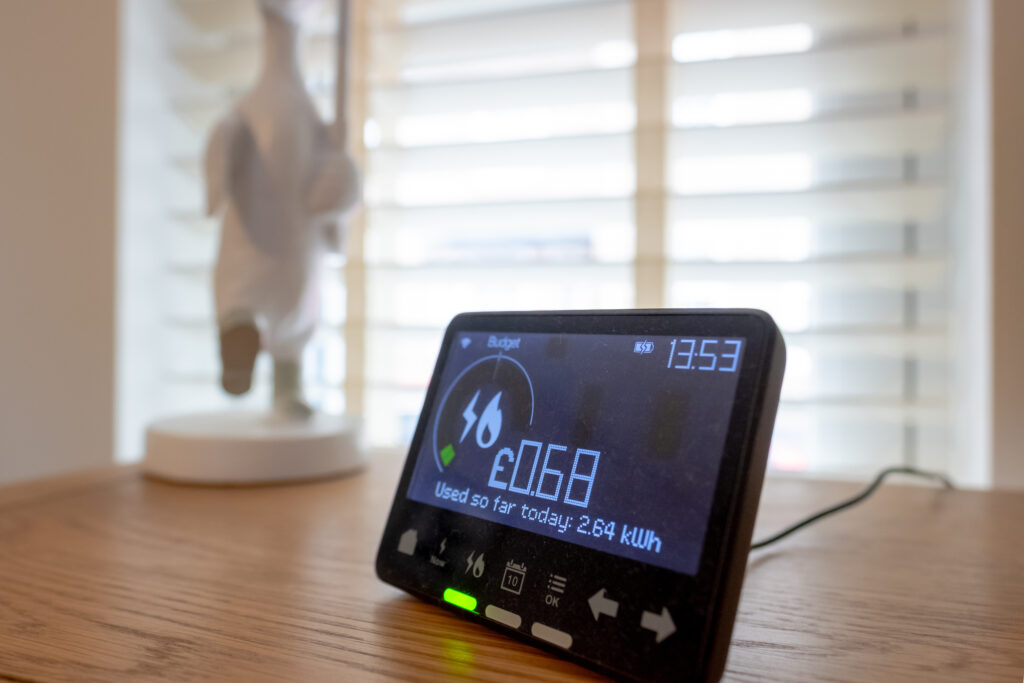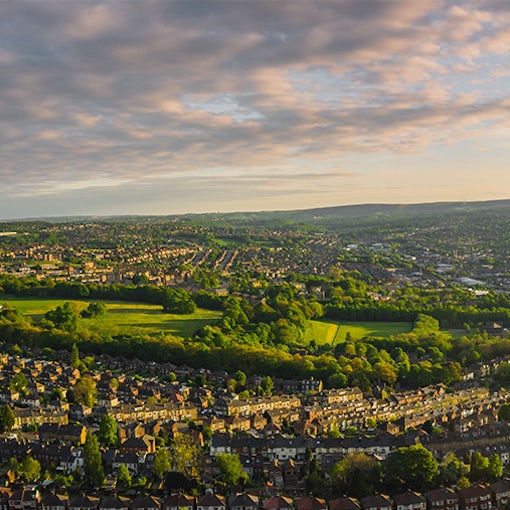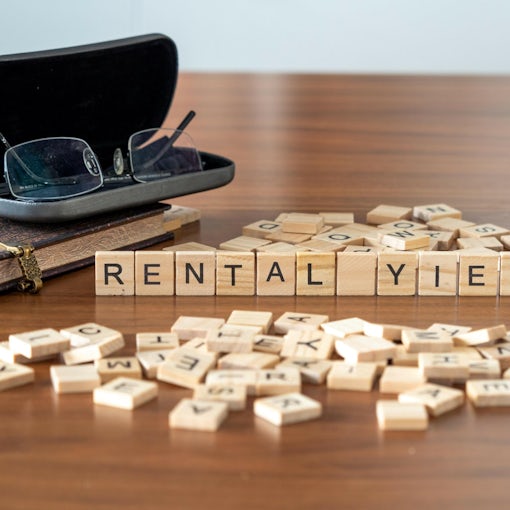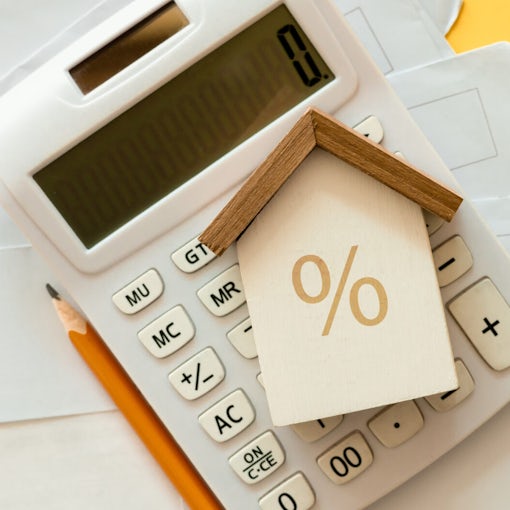Smart meters have become a bit of a hot topic as we turn our attention to ways in which we can not only save energy but use greener sources of energy too. Smart meters can contribute towards this by enabling a flexible energy system whereby energy providers are able to access real time energy consumption data and react accordingly. There are many benefits to us all on a personal and global level. In this article, we explore what smart meters are and the benefits to landlords in having one fitted in rental properties.

What Are Smart Meters?
As part of the government’s net zero target, we need to look for ways to decarbonise electricity by making sure that as much electricity as possible is generated by renewables.
Having a smart energy system, which is enabled by smart meters, will help us make the most of renewable energy sources, such as solar or wind energy by allowing energy companies to only run power plants at peak periods when the renewable sources won’t be able to cope. Added to this people can use their smart meter data to decide to run energy intensive activities, like tumble driers or washing machines at non-peak times which then balances out the overall daily energy demand
Smart meters are very handy pieces of technology to have on a personal level too. Being introduced across the UK as part of a government scheme and replacing the traditional meter (which includes pre-pay key meters), this new generation of meters cleverly measure how much gas and electricity is being used in near-real time. The display shows this information, along with exactly how much the energy being used is costing too. Smart meters provide readings to the energy provider, meaning no more meter reading required. Perfect for accurate costs!
There are currently two versions of the smart meter: SMETS 1 (the older version) and SMETS 2 (the latest version). The acronym SMETS stands for ‘Smart Metering Equipment Technical Specifications’.
The National Residential Landlords Association have written an informative article for landlords regarding the rollout of smart meters.
How Much Do They Cost?
Smart meters have no upfront costs so, at present, installation is free.
What Are the Benefits of a Smart Meter to Landlords?
Although there is no current obligation to have a smart meter installed, there are definite benefits to a landlord in having one fitted in rental properties. As smart meters are able to send readings to a energy supplier on a half-hourly or daily basis, it eliminates the need for a landlord to attend a rental property to take a meter reading at the end of the tenancy. A landlord can also keep an eye on any usage during periods of time that a property stands empty.
The smart meter can help at the end of tenancy in other ways too. As the smart meter sends meter readings directly to the supplier, there can be no dispute between tenant and landlord over the final energy bill costs.
Can My Tenant Request to Have One Installed?
Ofgem, the Government’s Office of Gas and Electricity Markets, state that it is the billpayer’s (the tenant during a tenancy) right to install a smart meter and that a landlord shouldn’t unreasonably prevent the installation. Many tenancy agreements however require the tenant to ask permission of the landlord before changing the meters that service a property.
How Can I Get a Smart Meter Installed?
You should contact your energy provider to get details of when smart meters are being installed in the area that your rental property is and arrange an appointment. The Energy Saving Trust give details as to how to go about this.
For further information, Smart Energy have produced a smart meter factsheet guide for landlords.
Although not a legal requirement, installing a smart meter is a great way to avoid disputes at the start and end of a tenancy, so irrespective of the energy savings that can be gained by having one, stress free handovers are not an insignificant benefit.






